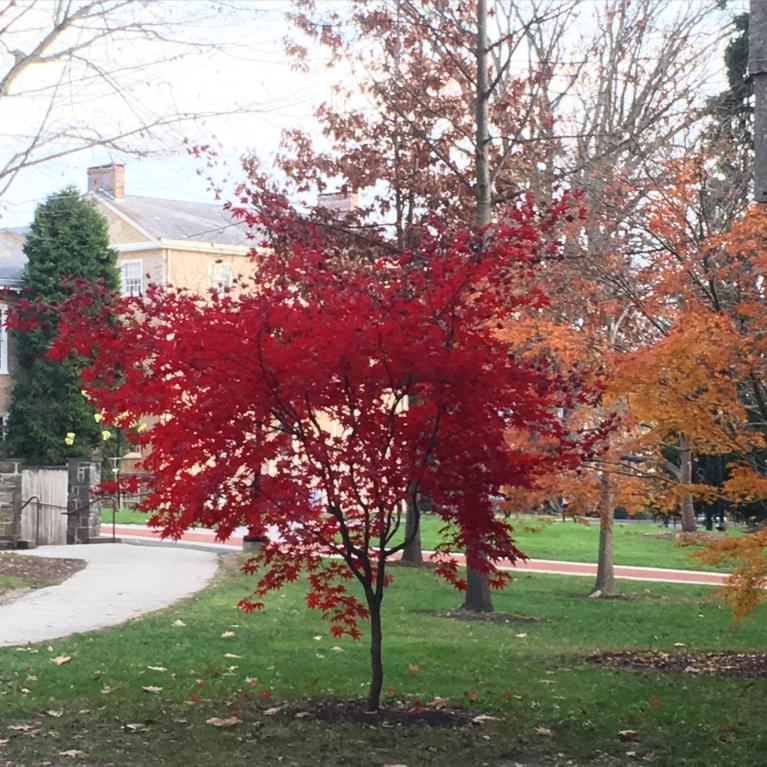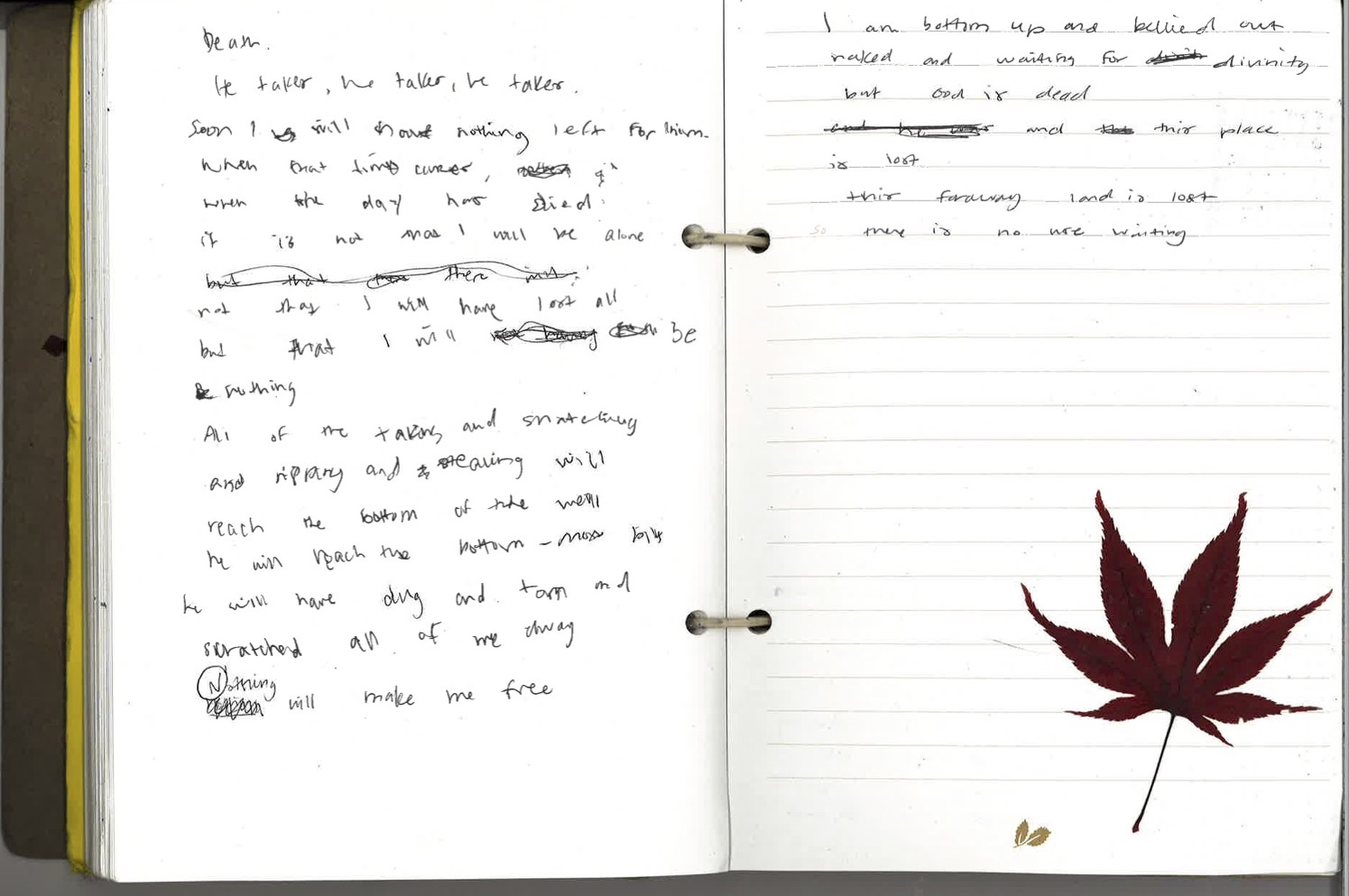December 15, 2015 - 22:56

Somehow this will relate to our recent topics of discussion; somehow I will find the secret and screaming connective tissue which binds all of it. Isn't that at the very center of things in this course? Reconciling with the dreaded, complicated messiness of living connectedly.
I am trying to make sense of Paulo Friere’s mission now that I’ve read Foucault. Friere, through teaching literacy, imparts contextual knowledge to his students. After class discussion one day, Aayzah and I ended up having a bit of a back-and-forth about the role of bias within teaching. I still feel that bias doesn’t have to be a bad thing. And this is where judgments have to made—in the case of literacy and identity, Friere’s methods, though highly-directional and biased, are used to empower students, so the problem with bias seems quieted. I initially thought that this new understanding of Foucauldian discourse would make me change my mind, but as with much of the reading I’ve done this semester, it’s just further complicated things.
Last Monday, in my Ethics course, I presented a paper on Foucault's ideas of discipline and then participated in a 4-person panel. Until that point, I'd spoken in class maybe four times this semester; but something great happened, and I felt incredible. I was so incredibly invested in that course. I've sort of been blinding pledging for the past ~4 years that I would study philosophy, but this course was my first introduction to the academics of philosophy, as well as philosophical writing. The blind allure left me very unsure most of the time, because I wasn't "performing" in the class. I attending, I listened, I scribbled frantically, and then I left. But there wasn't much vocal participation on my part (I know, much different from my ways in ESEM). I usually remember my life through the times that I have felt so authentically me. There are few, but they are precious, and this was definitely one of those instances. It was like I had ripped all the dead skin off, like I was born again, in some metaphysical sense.
I'm unsure where I'm going with this.
I'll finish the story:
After class I made my way back to the blue bus, and on the way I saw this tree. I started crying immediately; I thought it was the most beautiful thing. I posted the photo to my Instagram account with the caption: "This is the prettiest thing I've ever seen and I'm crying for various reasons all really positive and transformative."
It's true! I felt overwhelmed by emotion and beauty and self-reflection. Two days later a very dear child in my life passed away. I was back at this tree, but this time in a much different kind of emotional shock. I quickly picked up a leaf and got on the bus.


Jerry, my philosophy professor, and Anne both had clear direction with these courses. Speaking retrospectively, I can’t help but disregard Foucault. He talks about how the whole “discovering your truest self” thing is just another method of discipline, not an act of liberation. Both of these courses have made me feel freer in some great way. The biases of my professors have brought me closer to my own self-reflection, regardless of structural implications. These texts have made me love myself for new reasons, and from new places, thinking of myself through connections and collisions, rather than pieces and parts.
And so I make my way back to Nietzsche’s idea of necessary falsehoods. I don’t mind discipline if it makes me feel dynamic and excited and interesting. That’s the beauty of Foucault and Nietzsche—they don’t prescribe, they describe. I love having these philosophical understandings, because they have radically changed the way that I view the world, but within such metamorphosis, I have to remember myself as part of the humanness. I cannot free myself from this matrix of discipline and power exchange, and I don’t want to. I want to be self-aware and informed, but sometimes I’ll want to participate in and enjoy these structures; so much learning happens inside of them, and I told you all how much I love to read.
